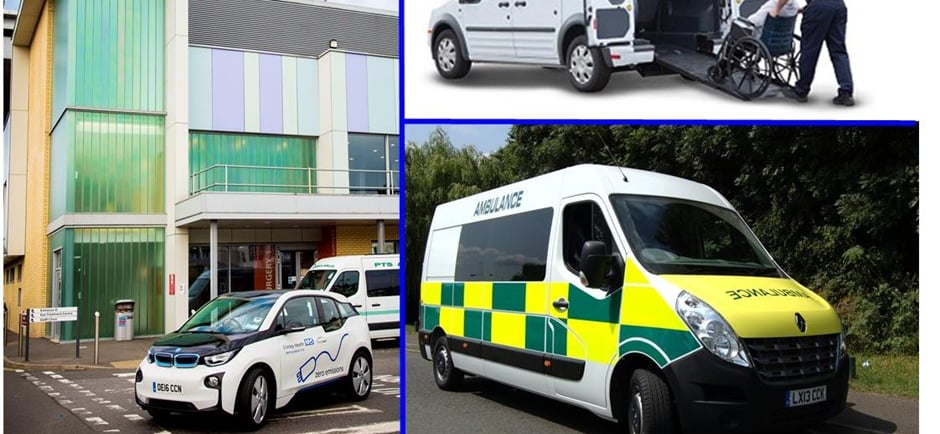Reducing Transport Operational Costs and Carbon Emissions in the NHS and Improving the Patient Experience
Win Win for the Trust, employees and Patients
LIVE
10/29/20252 min read


Introduction
The National Health Service (NHS) plays a crucial role in ensuring the health and well-being of the population in the UK. However, managing the operational costs associated with transport services while minimizing carbon emissions is an ongoing challenge. With significant experience in this domain, we offer insights into effective strategies aimed at reducing transport operational costs and decreasing carbon output.
Understanding the Importance of Cost Reduction
Transport within the NHS encompasses a wide range of services, including the delivery of medical supplies, patient transport, and staff commuting. Each of these components contributes significantly to the overall operational budget. By focusing on cost reduction strategies, the NHS can redirect funds towards enhancing patient care and improving service delivery.
Identifying inefficiencies in transport logistics is a vital step in minimizing costs. Effective route planning, consolidating shipments, and employing technology for real-time tracking can significantly enhance operational efficiency. By decreasing mileage and maximizing capacity, we can achieve significant savings.
Implementing Sustainable Practices
In conjunction with cost reduction, there is a pressing need to address the environmental impact of transport operations within the NHS. Transitioning to more sustainable practices not only aligns with governmental targets for carbon reduction but also enhances the public image of the NHS as a leader in healthcare sustainability.
Utilizing electric vehicles and hybrid transport options is one approach we champion. These vehicles not only reduce carbon emissions but can also lead to long-term savings with lower fuel costs and potential government incentives. Employee training regarding efficient driving practices can further enhance fuel economy, leading to a double advantage of reduced costs and emissions.
Our Proven Strategies and Experience
Our extensive experience in advising and implementing these strategies has resulted in significant improvements for several NHS organizations. We have successfully managed projects aimed at streamlining transport operations, whereby not only did we reduce operational costs, but we also achieved notable reductions in carbon emissions.
One successful case involved a comprehensive audit of an NHS transport fleet, which revealed opportunities for optimization in both route planning and vehicle utilization. By reconfiguring routes and encouraging carpooling among staff members, we were able to reduce operational costs by 20% while simultaneously cutting carbon emissions by 25%. Such results exemplify our commitment to achieving both economical and environmentally friendly outcomes.
In conclusion, reducing transport operational costs and carbon emissions in the NHS is not just a possibility; it is a necessity. With our significant experience, we are dedicated to assisting the NHS in realizing these crucial goals, fostering a more sustainable and financially efficient healthcare environment.